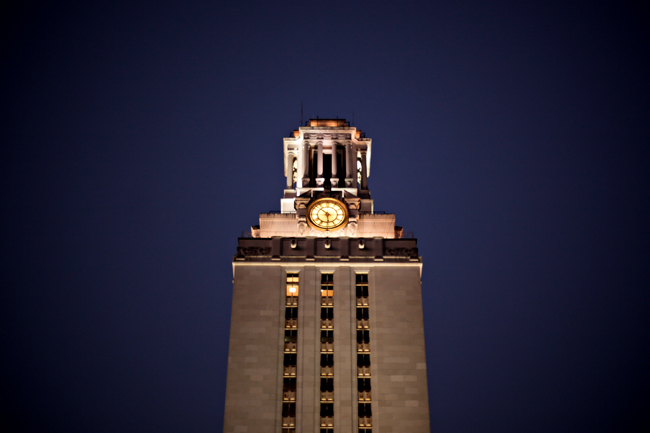In the wake of protests regarding Halloween costumes at Yale and protests over racial incidents at the University of Missouri, many online news sources and opinion columns are clamoring to denigrate the protesters as coddled, self-important and entitled students who scream in anger when they are confronted with an idea they don’t like.
While the detractors have likely gone too far, the overly zealous battle over politically correct speech, or the “PC movement,” that burns through universities across the country is definitely troublesome, especially when it threatens the right to free speech.
Colleges have long been a place where revolutionary, oftentimes diverse, ideas are cultivated, either by the postulation of academics or demonstrations of draft dodgers. That is part of what makes college so wonderful — new ideas rise and are challenged in perfect harmony with the expectation that college is meant to create such an intellectual space. This is also the defining feature of First Amendment rights to free speech, a cornerstone of American democracy.
However, the idea circulated through recent protests that “the right not to be offended” is greater than the right to free speech threatens this ideal. This idea is a non-right that undergirds extreme instances of the PC movement and works in direct contrast to free speech. Free speech has to protect idiotic, backward ramblings as much as dignified intellectual discourse for it to remain the vehicle for almost all social and political change.
“Offensive speech must be protected,” said Gary Jacobsohn, a government professor who specializes in constitutional law. “The ‘right not to be offended’ is surely not one that is an exception to the constitutional guarantee under the First Amendment.”
When protesters argue they have the right not to be offended at costumes, slurs and other offensive behaviors, they are missing an important point. They should be offended, and they should use their right to speech to educate the offenders on why those actions are offensive. But saying such speech should not be allowed only acts in opposition to free speech.
The choice to engage in reasonable discourse can actually promote more ethical behavior while protecting the greatest freedom Americans possess. For example, protestations of the “border patrol” party at Fiji were handled well. The offenders were made aware their actions marginalize others but were not punished because of their protected free speech.
However, threatening speech is not protected — by protesters or offenders.
“Targeted, vilifying speech need not be tolerated on campus,” Jacobsohn said. “Such speech is experienced as a form of direct intimidation, the effect of which is to silence its targets rather than to encourage discussion and dialogue.”
This is a key distinction. Speech that targets groups of students with the purpose of intimidating them is not and should not be protected. Such speech works to silence other people, limiting their right to free speech and is unprotected under the First Amendment. If protesters argued racial incidents were meant to silence them, rather than that it was offensive, their point could be legally backed.
The protesters are tugging at important problems but in a harmful and unconstructive manner. By seeking to limit free speech, the protesters are attacking the very principle that protects their speech from attack, which is both self-defeating and dangerous to everyone’s freedoms.
Bordelon is a philosophy sophomore from Houston. Follow him on Twitter @davbord.





















